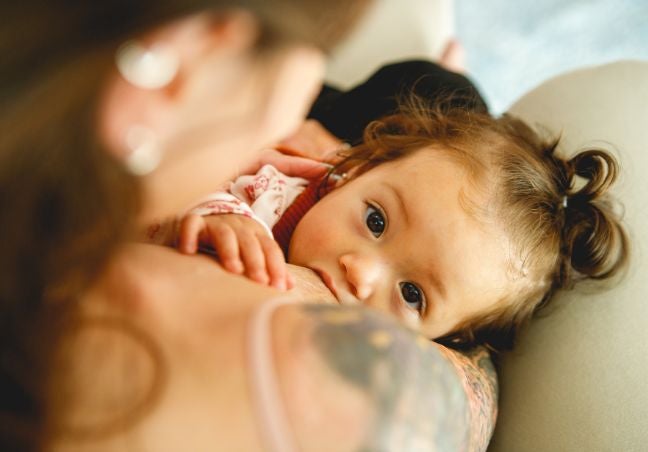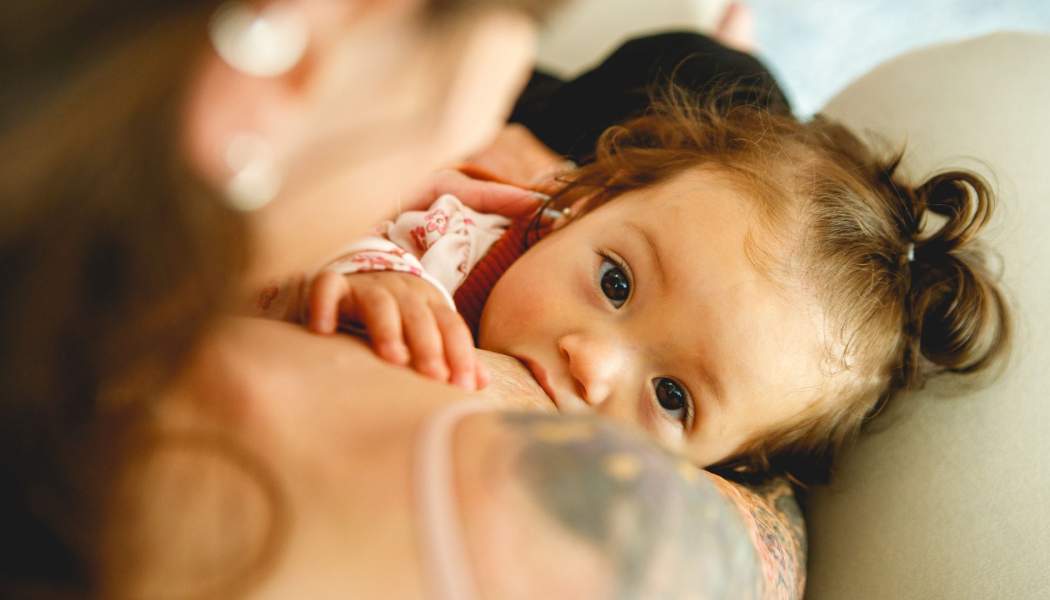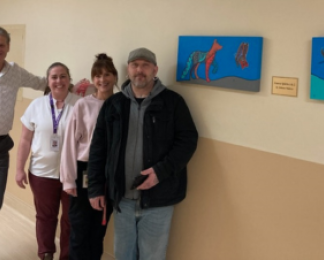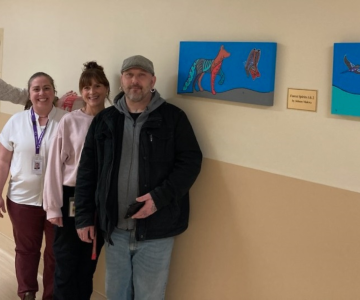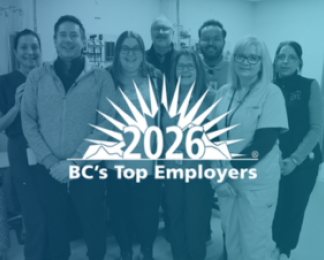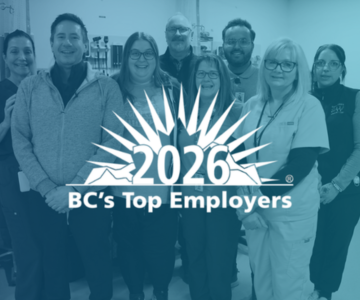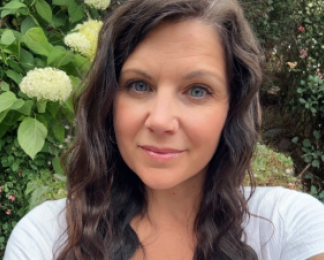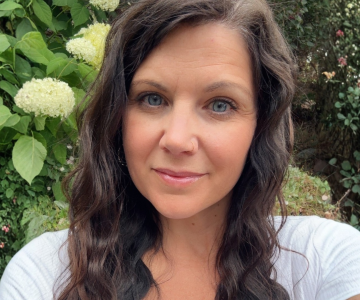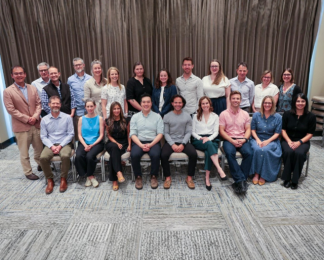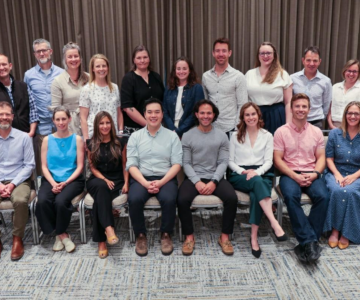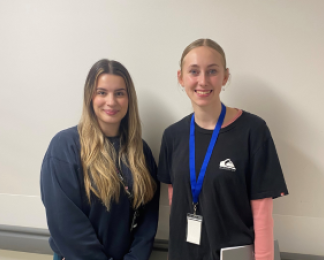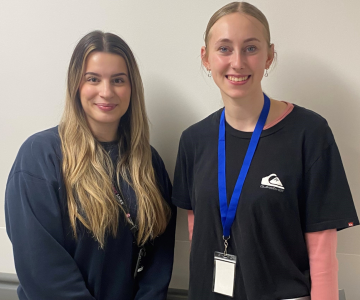In 2018, a World Health Assembly resolution endorsed World Breastfeeding Week as an important health promotion strategy. Supported by World Health Organization (WHO), UNICEF and many Ministries of Health and civil society partners, World Breastfeeding Week is held in the first week of August every year.
This week celebrates breastfeeding parents in all their diversity, throughout their breastfeeding journeys, while focusing on ways families, societies, communities and health workers can help or encourage every breastfeeding parent. We must recognize breastfeeding parents, ensure they are seen and heard, and share relatable human experiences about breastfeeding and the importance of multi-level support.

